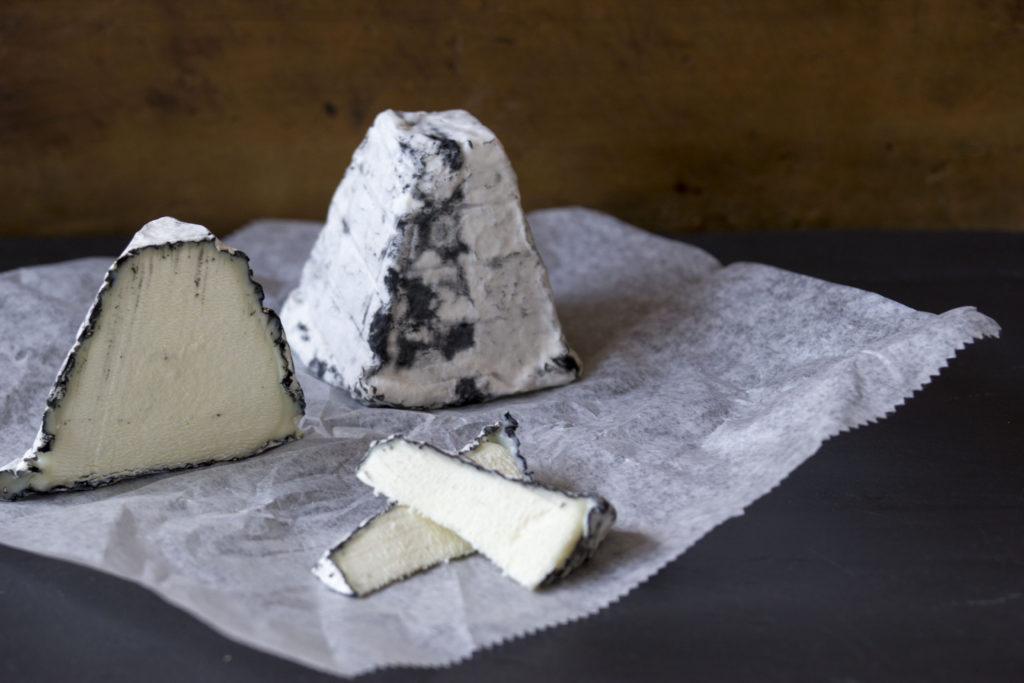Hey Cheesers! We’re happy to report great news for anyone prepping for some serious cheese snacking this holiday season. Recent studies out of Denmark show that cheese – from the creamy full-fat Brie to crumbly aged cheddars – are just as healthy for you as their low-fat versions.
This is a legit worry that people have, as they don’t want to have to deal with any health issues, particularly if it could be avoided (although no one really wants to give up cheese). But in all seriousness, your health is important, and you should make sure that you do everything that you can to take care of yourself. If you know that you have a serious illness, such as a heart problem, then you should take extra care of yourself, and maybe you should also look at getting critical illness insurance as well (you can take a look at Breeze critical illness insurance here for more information). But the good news is that you might not have to give up cheese for good!
It all comes down to the types of fats and cholesterol you find in cheese. The study split subjects into three groups, with one group eating 80 grams of regular, high-fat cheese every day for 12 weeks. The other group ate 80 grams of reduced fat cheese, and a third group somehow survived with no cheese at all – just bread and jam each day.
People who enjoyed the high-fat cheese diet actually saw an increase in their levels of high-density lipoprotein cholesterol – HDL cholesterol, or “good cholesterol”! This type of fat has been theorized to offer protection against heart diseases and to help jumpstart metabolism. Some looking to protect against certain heart diseases and conditions may turn to things like CBDVape Shot products due to their properties that can boost heart health and help to prevent various things like stroke, heart attack, and metabolic syndrome through its purported ability to lower blood pressure. Not only that, but compared to the people who ate the reduced-fat cheese diet, the high-fat cheese didn’t show any difference in the low-density lipoprotein, or LDL cholesterol, which is “bad cholesterol”. With this being said, pretty much anything is good in moderation. It doesn’t mean that you can eat so much cheese, as it is important to realize that if you do overdo it, you could end up with high cholesterol and may need to take medication such as crestor generic to decrease the risk of any health issues.
The Danish investigation is the most recent in a long line of pro-cheese studies that have come out in recent years. A British study in 2012 showed that molded and blue cheeses, such as the famous French Roquefort, can help guard against cardiovascular disease. It turns out that these blue cheeses have an anti-inflammatory factor that works with the acidic environments of the body to help prevent heart disease. This is positive for cheese fans. Anything that works to reduce the risk of heart disease is beneficial. Of course, for those who aren’t as keen on cheese, it might be worth looking into alternatives, like hemp from PureHempFarms, to see if that could help people to lower their chances of heart disease.
Another study from Denmark from 2013 looked at the correlation between butyric acid levels in those who ate cheese and those who did not. Those who ate cheese had much higher levels of butyric acid, which has been linked to reducing obesity and raising metabolism.
In Japan, it was found that cheese consumption prevents fat accumulation in the liver – a very important measure for cardiovascular risk. This study also found the high HDL “good cholesterol” levels raised when eating cheese was a part of the subjects’ diet.
Between the boost in HDL cholesterol and no notable effect on the “bad” LDL cholesterol, as well as the anti-inflammatory, cardiovascular, and metabolic benefits, it looks like there’s no need to skimp on delicious cheeses this holiday season in favor of their low fat variations.
Celebrate the holidays (and this great news) by checking out the wide variety of delectable cheese’s Murray’s has to offer – your body, science says, will thank you.

